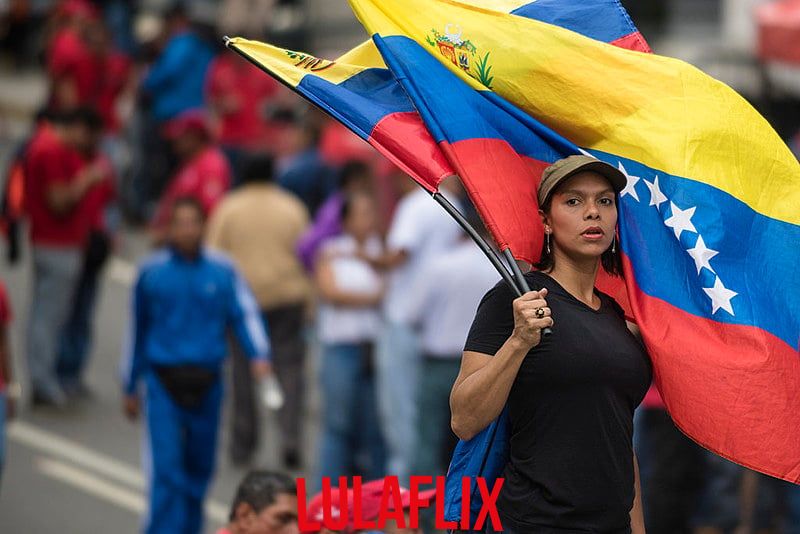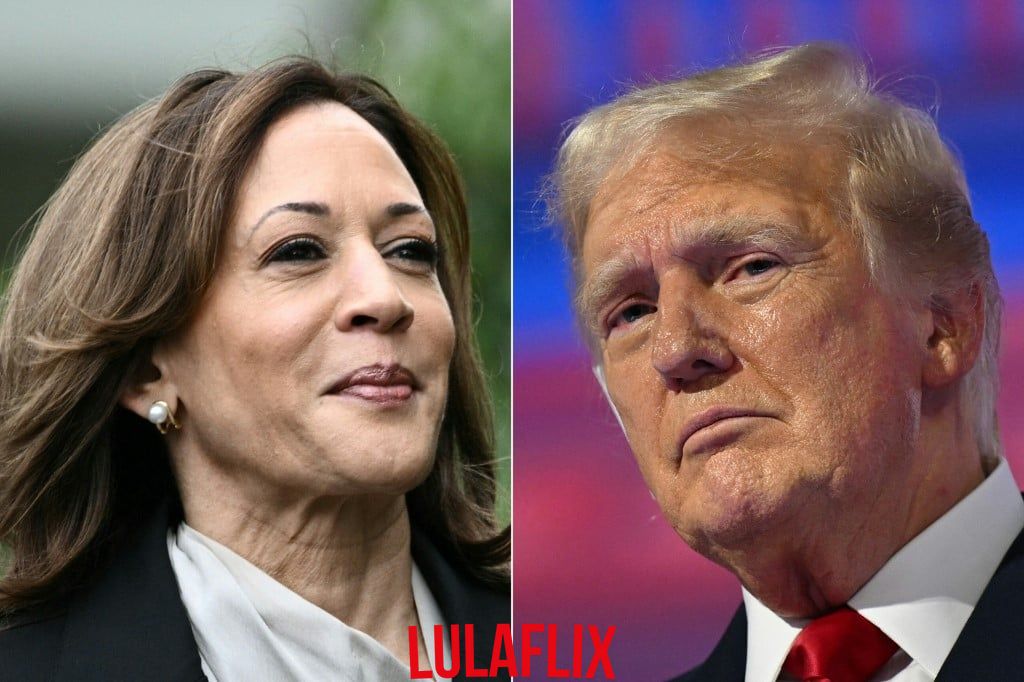Eleitoral Theater in Venezuela: A Tale from Election Day in Caracas
By Brian Mier
I covered the three-week presidential campaign in Venezuela, the elections, and their consequences for TeleSur English, a multilateral public TV news network funded by the governments of Bolivia, Cuba, Nicaragua, and Venezuela. As an experienced analyst of Brazilian politics, but not a specialist in Venezuela, what follows is not an analysis, but a description of the events I witnessed on election day. I invite readers to use it to help them form their own assessments of the political situation.
I worked during the Venezuelan presidential elections on Sunday, July 28, from 4:45 am to 2:00 am on Monday, with two cameramen, a producer, and a Spanish-speaking reporter. Together, we spent the day making live reports from inside and outside four polling stations scattered throughout the city, ending the day behind the Miraflores Palace for the announcement of the election results.
We spent the afternoon inside the Andrés Bello polling station, in a predominantly middle-class district in the center of Caracas, making live reports at 2:30 pm, 3:30 pm, and 4:30 pm, leaving the building just before the polls closed. It was the same location where we had reported the opening of the polls at 6:00 am. At that moment, the single line of voters in front of the polling station stretched around the block. Throughout the morning, the polling stations we visited were packed, leading other journalists I spoke to make wild predictions about voter turnout, with some saying they expected over 70%. However, after lunch, the crowd began to dwindle. By 4:30 pm to closing time, the Andrés Bello polling station, one of the largest in the city, had more volunteers chatting than voters in its corridors.
We left the building at 5:50 pm to position ourselves to cover the closing of the polls. The government had ordered all polling stations to close at 6:00 pm, but Andrés Bello remained open for an additional 10 minutes or more to allow latecomers to vote – 4 or 5 people at most, including an elderly couple who had trouble walking.
When the doors finally closed, a crowd of around 40 TV crew members and videomakers from social media networks gathered, with about 30 citizens standing in front of the door and applauding when the doors closed, and a group of about five police officers guarding the door.
A few minutes later, the doors of the Andrés Bello polling station were closed. Suddenly, a crowd of around 100 people rushed to the door and began shouting: “We want to vote! We want to vote!”
At that moment, there were live transmissions everywhere. A colleague from Argentina pointed out a team from Canal 13, aligned with Javier Milei, who was broadcasting live while a stern-looking reporter in conservative attire asked women crying and men looking angry why Nicolás Maduro wouldn’t let them vote.
For TeleSur Portuguese: “As you can see, there are almost as many journalists here as protesters, in this mini-turbulence, trying to discredit the elections.”
A journalist from Canal 13, an extreme-right Argentine channel, in a live broadcast, running around asking citizens: “Why didn’t Nicolás Maduro let you vote?”
About half an hour later, a group of hundreds of men appeared on motorcycles, some of which seemed to have their engines adjusted to provide constant backfires, with some riders wearing black masks and caps. They blocked the street in front of the polling station and sat there, revving their engines while the crowd shouted things like “¡Viva Venezuela!”
As I prepared to record a report, a muscular white man in the crowd looked at me, said “Nicolás Maduro,” and made a throat-cutting gesture.
At that point, a group of motorcyclists got off their bikes and joined the crowd, while the others remained on their bikes, blocking the street. Together, they marched through the crowd and ran towards the door, pushing the police.
I retreated about 50 meters to avoid being trampled. From there, I saw many shoves and heard many shouts. Two male police officers ran past me carrying a bleeding female police officer. They put her on a motorcycle and drove off towards a hospital. I didn’t see any injured supporters of Maria Corina Machado.
A few minutes later, a group of National Police motorcyclists, two per bike, with passengers carrying assault rifles, arrived, and most of the motorcyclists left the area. The five police officers guarding the door were replaced by a group of 20 female anti-riot police with shields and acrylic helmets. Suddenly, the live broadcasts on YouTube and Twitter of white men shouting at the police didn’t seem so heroic. It was a clever tactical move.
As the crowd dwindled, more security arrived. A small group of Maria Corina Machado supporters remained shouting: “We want the results! We want the results!”
Later that night, when I met with other journalists who were covering the elections behind the Miraflores Palace, I heard similar stories from other polling stations. A journalist told me where she was, and the crowd began shouting: “Close the doors! Close the doors!”
At 6:00 pm, as soon as the doors closed, they began shouting: “We want to vote! We want to vote!”
Maria Corina Machado, Edmundo Gonzalez, and the PUD announced weeks before the elections that they would not respect the democratic state and would count their own election results. What I witnessed in front of the Andrés Bello polling station on Sunday night seems to have been a form of theater – one of the many tactics used to produce and disseminate videos to discredit the election, which was standardized in many polling stations in Caracas.
READ ALSO:




